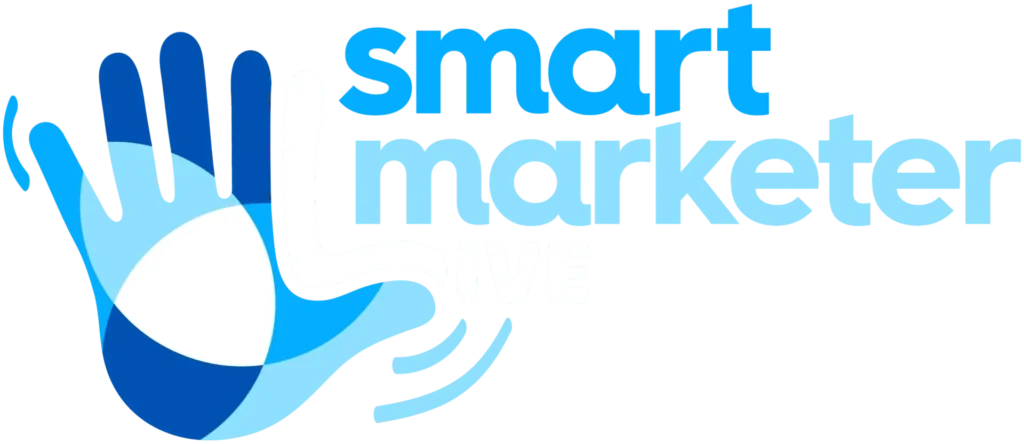Routine is a really, really good thing.
And you’ve probably heard me harping on about this before — about how the skill-set you want to develop as a human being is the skill set of mastery, which is simply the willingness to put your attention in one place consistently over time.
It’s the willingness to pick up that instrument for 30 minutes every day, or sit at your computer after dinner and learn Facebook ads.
Yet, even though routine is a good thing, routine is not the goal. Routine is a tool you use to get to the goal.
And here’s the thing: You’re going to break routine. It’s going to happen, and it’s not a bad thing!
Because you’re going to go through ebbs and flows of sticking to your routine and breaking it, and if you beat yourself up every time you break routine — your diet, your workout, etc. — then you’re hosed. It’s going to turn you off from whatever your goal was in the first place.
Okay, this brings me to my actual point.
I was on a trip recently, and I broke a lot of my routines, which was actually kind of nice! I got a fresh perspective, mixed up my habits… I enjoyed it.
But it was exhausting. (Don’t you find that when you break routine, the loss of comfort and familiarity is incredibly draining?)
And this exhaustion put me in a state of, shall I say, irritability. Things felt a little hard, a little frustrating, and that made me want to act in a less-than-loving way.
But I didn’t — I resisted! — and I’m proud of that.
Too often, I see people feeling victimized by their emotions: They get into a state where they’re tired, agitated, sad, or angry, and they let their emotions dictate their actions.
And they feel justified in doing so… but I’m not buying it.
I believe that you can feel your emotions (which are totally valid) and still choose to act how you want to act.
You are not a victim of your emotional state. It does not dictate your behavior. You can feel a lot of intensity and still consciously decide how to act.
It’s a skill, and just like any other skill, you get better with practice.
When you notice that you’re in a heightened emotional state and you sense that it’s going to negatively affect your behavior, that’s your opportunity to pick up your “instrument” and practice.
I wanted to share this opinion because I believe it’s a very freeing viewpoint.
Yes, it gives us more responsibility, but when we decide to take on that responsibility, we fill our lives with more power and more freedom.
I hope you’ve enjoyed this post. Drop a comment on my Facebook page and let me know what you think!
Highlights:
0:14 The skillset that you want to develop as a human being is mastery
0:37 Routine is not the goal, it is a tool that you use
1:27 People let their emotional state dictate their actions
1:58 You are in control of your emotional state and your actions
Click Here For Video Transcript
And routine is something that allows you to…it sets you free. It gives you…you’re doing this at this time every day. And so you end up with this routine, but routine is not the goal. Routine is a tool that you use. And you’re going to break routine. Like, if you have it that anytime you break a routine, a new diet, a new workout program, whatever it is, that that’s bad, then you’re hosed because you’re gonna go in these ebbs and flows of solid to your routine and then breaking your routine. So, you want to use routine as a tool. It’s not your actual goal. It’s just a tool that you use to achieve your goals.
And so, this trip, I broke a lot of my routines. And it was kinda nice, you know? I got a fresh perspective. I got mixed up, but man, it was exhausting. And the point that I’m getting to is that it was exhausting. And one of the common ways that I see people being victimized is by their emotional state. So, they get into some emotional state where they’re tired, or they’re agitated, or they’re angry, or whatever that emotion… They’re sad and then they let that dictate their actions. You can feel emotion and choose as a person to act how you want to act.
Your emotional state does not dictate your actions. You are not a victim of your emotional state. You can feel a lot of intensity of emotion and still make the choice of how to act. A good example of this is that, you know, like, someone will be out of control with rage until a bigger badder person walks in the room. Then guess what? They get it under control. So, you really are in control of your emotional state and you’re really in control of your actions at all times.
And it was interesting for me because I speak… So, that’s a really freeing viewpoint. That’s a really… It kinda opens you up and has you feel a lot more responsible for your life and a lot more free when you take responsibility for your behavior and you don’t have it that the way that you feel should then dictate how you behave. That’s not a valid excuse in my world. If you are behaving some way because you’re overcome with emotion, I don’t buy it, right? Like, you can… I mean, look, sometimes it’s gonna happen but, like, in general as you go through your life, you can be responsible for your behavior.



